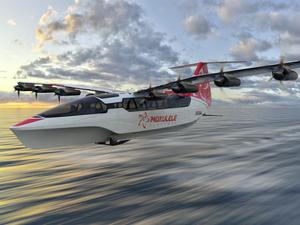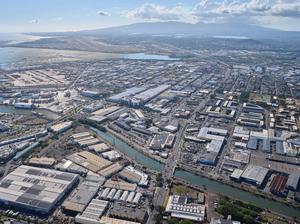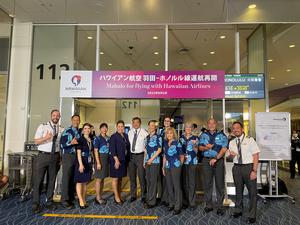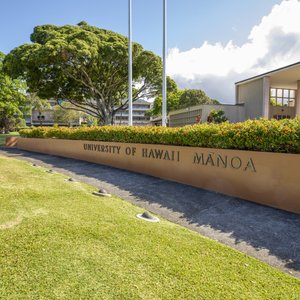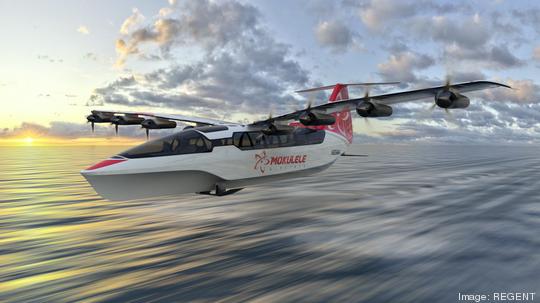
Boston-based seaglider-manufacturing company REGENT has reached a design approval milestone in its efforts to launch an all-electric seaglider transportation network in Hawaii.
REGENT is developing the transportation network in partnership with Pacific Current, a subsidiary of Hawaiian Electric, and Mokulele Airlines, owned by Southern Airways.
In terms of project costs, REGENT has raised over $27 million in capital over two financing rounds. The company also currently has a $7 billion provisional backlog of orders from customers across aviation and ferry, REGENT Co-founder and CEO, Billy Thalheimer, told PBN in an email.
“With zero operational emissions, lower costs of operations, and simpler infrastructure requirements, REGENT seagliders represent an unparalleled opportunity to move Hawaii closer to its sustainability goals while simultaneously improving transportation access and affordability for its residents and businesses,” Thalheimer said.
“We're thrilled that this certification milestone for our seagliders is moving us closer to reducing the time and cost of moving people and goods between archipelagos like Hawaii."
REGENT is targeting sea trials in 2024 of its 12-passenger seaglider called Viceroy, and tracking to 2025 for delivery of seagliders to initial customers.
“The Approval in Principle is the first important step in our classification of the seaglider as a Type A Wing in Ground Effect craft,” Thalheimer said.
Seagliders are regulated as maritime vessels by national maritime authorities. The AIP will be followed by a design appraisal process, followed by an independent, safety-based certification of REGENT’s seaglider design, according to Thalheimer.
As previously reported by PBN, the seaglider will be able to service routes of up to 180 miles with existing battery technology, and up to 500 miles with next-generation batteries and existing dock infrastructure.
